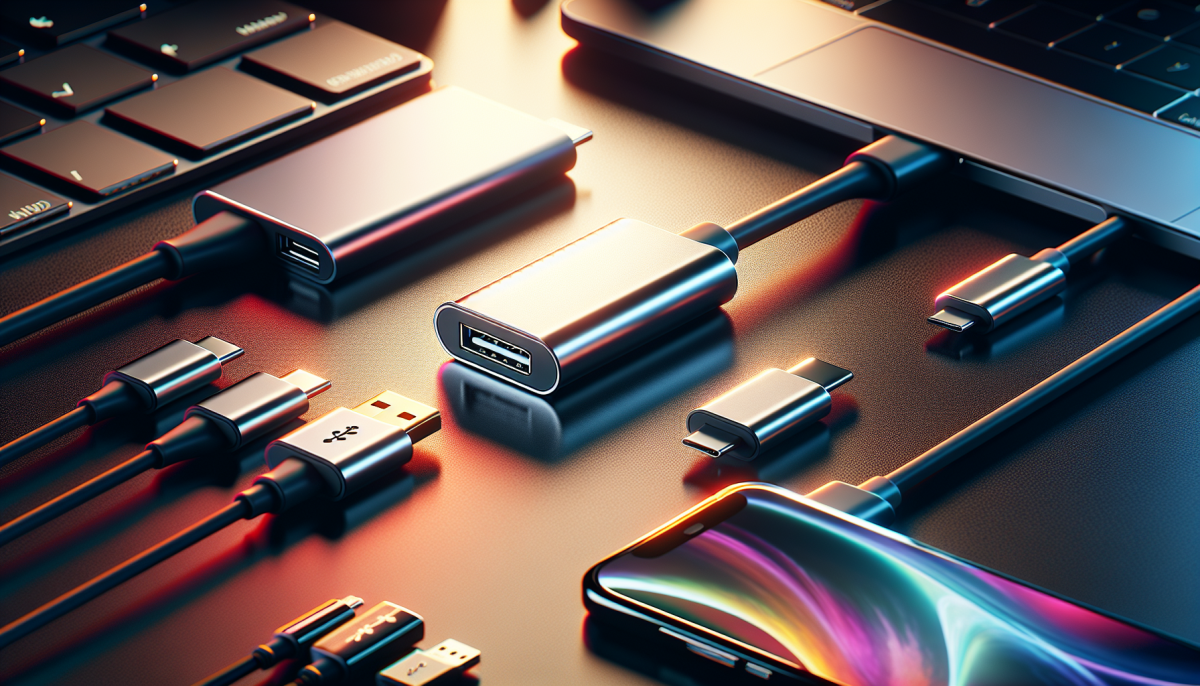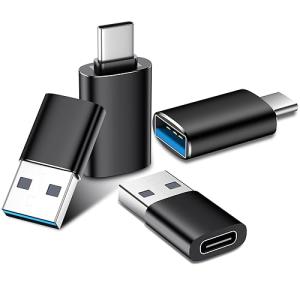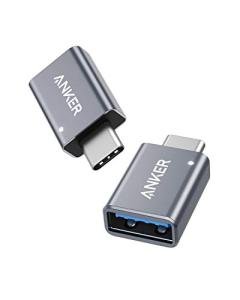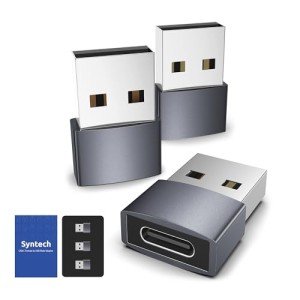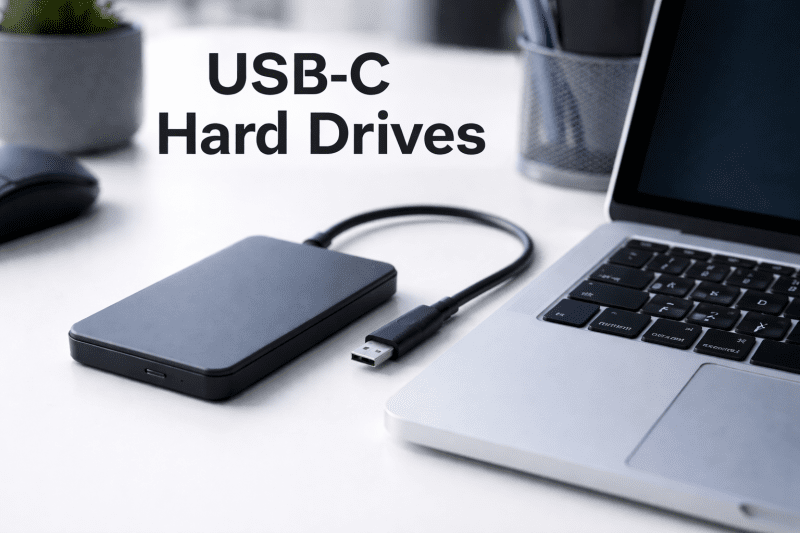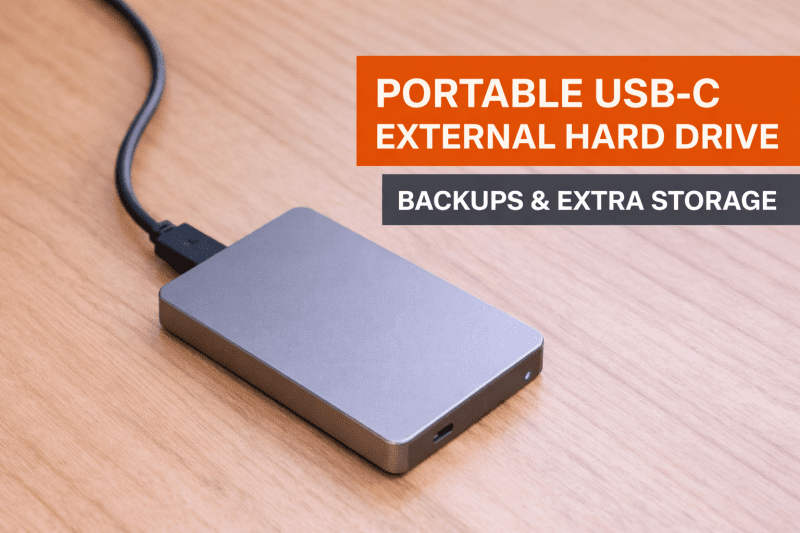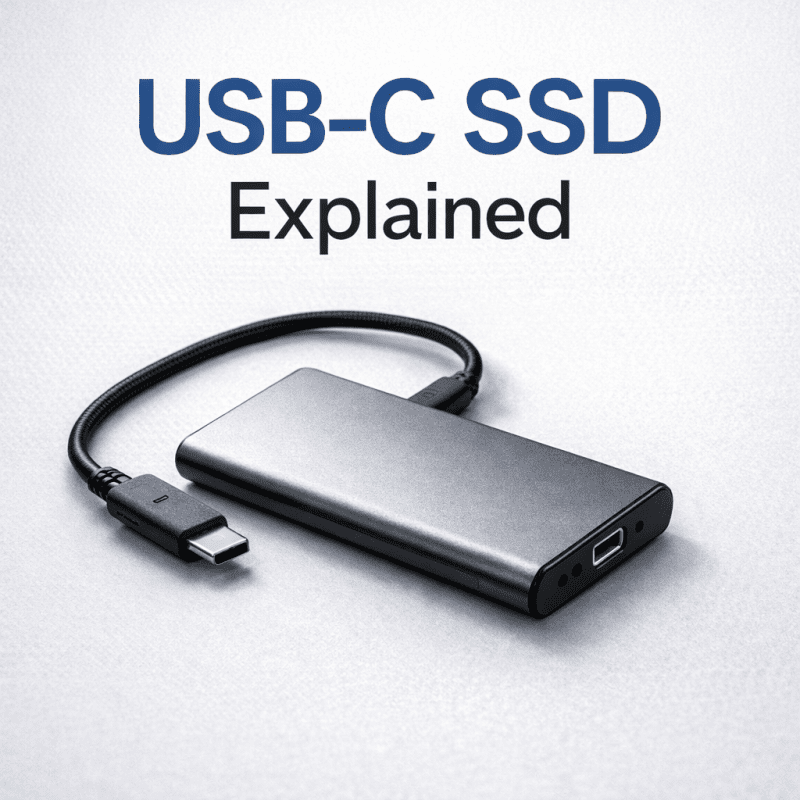Understanding the USB-C to USB-A Adapter: What it is and How to Use it
If you are a tech enthusiast, you might have come across the term USB-C to USB-A adapter. It is a device that helps you to connect USB-C devices to USB-A ports. You can use the adapter to transfer data from one device to another, or charge your devices.
What is a USB-C to USB-A Adapter?
A USB-C to USB-A adapter is a small device that allows you to connect USB-C devices to USB-A ports. The USB-C port is a new connector that is becoming popular on devices such as laptops, smartphones, and tablets. However, since the USB-A port has been in use for many years, most of the devices still use it as a connector. The USB-C to USB-A adapter is, therefore, necessary as it provides compatibility for different devices.
How to Use a USB-C to USB-A Adapter
Using a USB-C to USB-A adapter is relatively straightforward. You only need to follow these simple steps:
- Plug the USB-C male end of the adapter into the USB-C port of your device.
- Connect the USB-C female end of the adapter to the USB-A cable.
- Plug the USB-A cable into the USB-A port of the other device.
- The devices will start charging or transferring data depending on what you intend to do.
Benefits of Using a USB-C to USB-A Adapter
The USB-C to USB-A adapter comes with many benefits. Here are a few of them:
- Compatibility: With the adapter, you can connect devices that are designed with different ports. This saves you from the hassle of looking for different connectors that match your devices.
- Cost-effective: Instead of investing in a new USB-C cable or device, you can use the adapter to save yourself some money.
- Convenience: The adapter is small and portable, making it easy to carry it around in your pocket or bag.
- Fast charging and data transfer: Some USB-C to USB-A adapters are designed to provide fast charging and data transfer speeds, making them ideal for people who use their devices frequently.
Conclusion
If you have devices with different USB ports, a USB-C to USB-A adapter is a must-have accessory. It makes it possible to connect any device to any other device, saving you from the trouble of purchasing new devices or cables. Ensure that you use adapters that are compatible with your devices to avoid damage to your hardware.
Choosing the Best USB-C to USB-A Adapter for Your Devices
The increasing popularity of USB-C ports in modern devices has made it necessary for users to look for USB-C to USB-A adapters. These adapters help you to connect USB-A devices to USB-C ports on your laptop, smartphone, tablet, or other gadgets.
However, with many USB-C to USB-A adapters available in the market, it can be tricky to choose the right one for your needs. Here are some factors to consider when shopping for the best USB-C to USB-A adapter:
Compatibility
The first and most critical factor to consider when choosing a USB-C to USB-A adapter is compatibility. Ensure that the adapter you choose is compatible with the specific devices you intend to connect.
Most devices come with USB 3.0, 3.1, or Gen 2.0 ports, which perform at different speeds. Ensure that the adapter you choose is compatible with the speed of these ports to avoid compatibility issues.
Size and Shape
The size and shape of the adapter you choose will depend primarily on your intended use. If your device's USB-C port is close to other ports or the device's body, you may need a compact adapter with an L-shaped end. If you require a more solid and robust adapter, choose one with a zinc alloy casing.
Cable Length
If you need to connect your USB-A device over a long distance, you may require an adapter with a long cable. However, if you plan on using the adapter for a short distance, a compact and portable adapter with a short cable will suffice.
Charging Capacity
Some USB-C to USB-A adapters come with a charging functionality designed to charge devices. If you plan on using your adapter to charge devices, ensure that it has the right capacity and will not damage your device.
Price
Finally, consider the cost of the adapter. USB-C to USB-A adapters come at different prices, depending on design, features, and quality. Ensure that you select an adapter within your budget without sacrificing functionality or quality.
With these factors in mind, you can select the right USB-C to USB-A adapter that will fit your device and meet your needs. Ensure that you purchase adapters from reputable brands and retailers to avoid purchasing counterfeit or low-quality products.
The Pros and Cons of USB-C to USB-A Adapters: Is It Worth the Upgrade?
If you've recently purchased a new device that uses USB-C, you may have found yourself in need of a USB-C to USB-A adapter. While USB-C is quickly becoming the standard for new devices, many older devices still use USB-A. But is it worth upgrading to a USB-C adapter? Here are the pros and cons to consider.
Pros:
- Compatibility: One of the biggest advantages of a USB-C to USB-A adapter is that it allows you to use your new USB-C device with older USB-A ports. This is especially important if you frequently use older peripherals or transfer data between older devices.
- Cost-effective: If you have a lot of older USB-A devices, upgrading to USB-C peripherals can be expensive. An adapter is a much more cost-effective solution that allows you to use your existing devices with your new USB-C device.
- Convenience: With an adapter, you don't have to worry about carrying multiple cables or adapters with you when traveling or working remotely. You can simply use one adapter to connect to all of your devices.
- Flexibility: A USB-C to USB-A adapter is also helpful if you have a device that has both USB-C and USB-A ports. You can use the adapter to connect USB-A peripherals to the device's USB-C port.
Cons:
- Data transfer speeds: USB-C ports offer faster data transfer speeds than USB-A ports. When using an adapter to connect a USB-A device to a USB-C port, you may not get the same speed as you would with a native USB-C device.
- Connection stability: Some users have reported that USB-C to USB-A adapters can be less stable than native USB-C connections. However, this can vary based on the quality of the adapter and the port it's connected to.
- Compatibility issues: While USB-C to USB-A adapters generally work with most devices, there may be compatibility issues with some older or less common devices. It's always a good idea to check compatibility before purchasing an adapter.
Conclusion:
So, is it worth upgrading to a USB-C to USB-A adapter? In general, if you have a lot of older USB-A devices, the convenience and cost-effectiveness of an adapter make it a worthwhile investment. However, if you need the fastest data transfer speeds and the most stable connection, a native USB-C device may be the better option.
Anker USB-C to USB 3.0 Adapter (2-Pack)
Easily connect your USB devices to the latest USB-C gadgets with this handy adapter duo
Product information
$3.49
Product Review Score
4.71 out of 5 stars
14 reviewsProduct links
